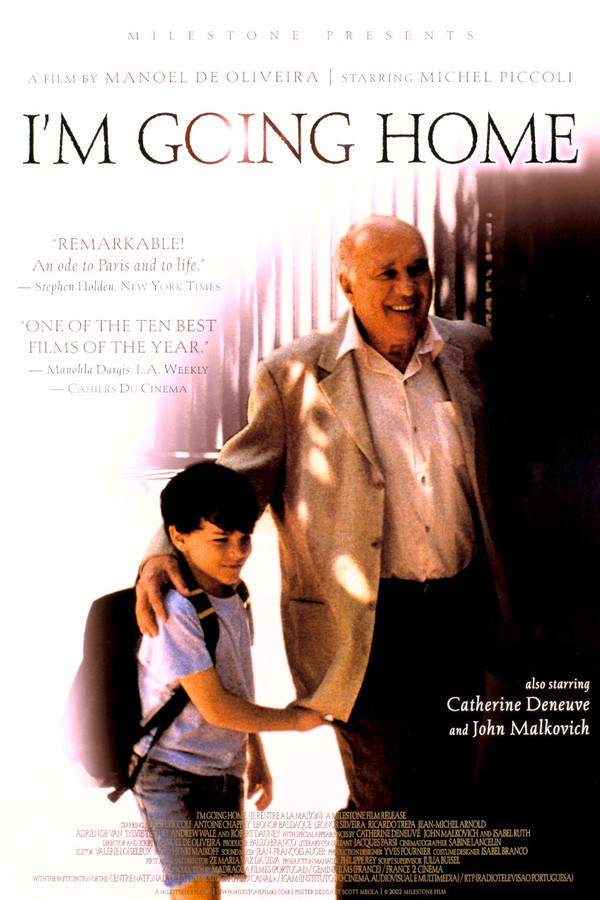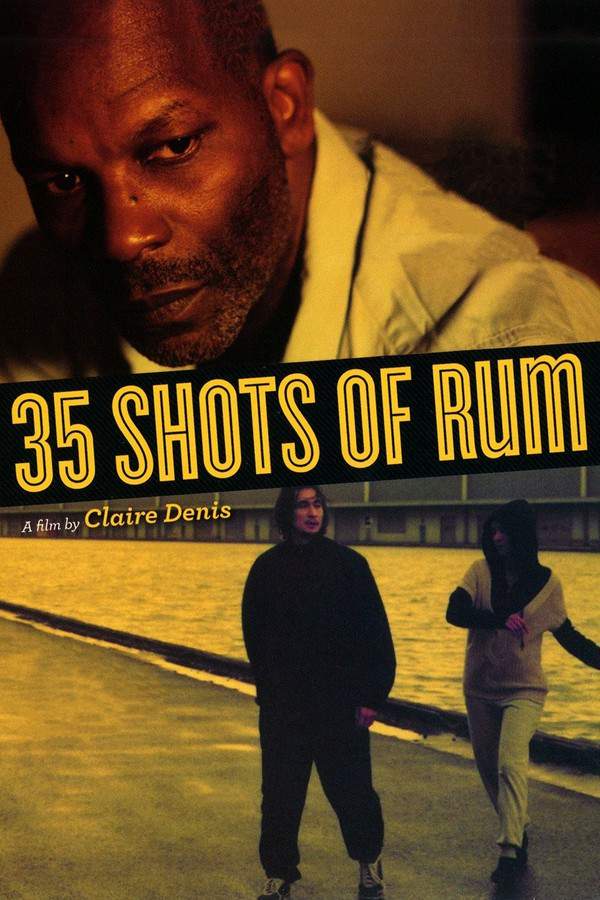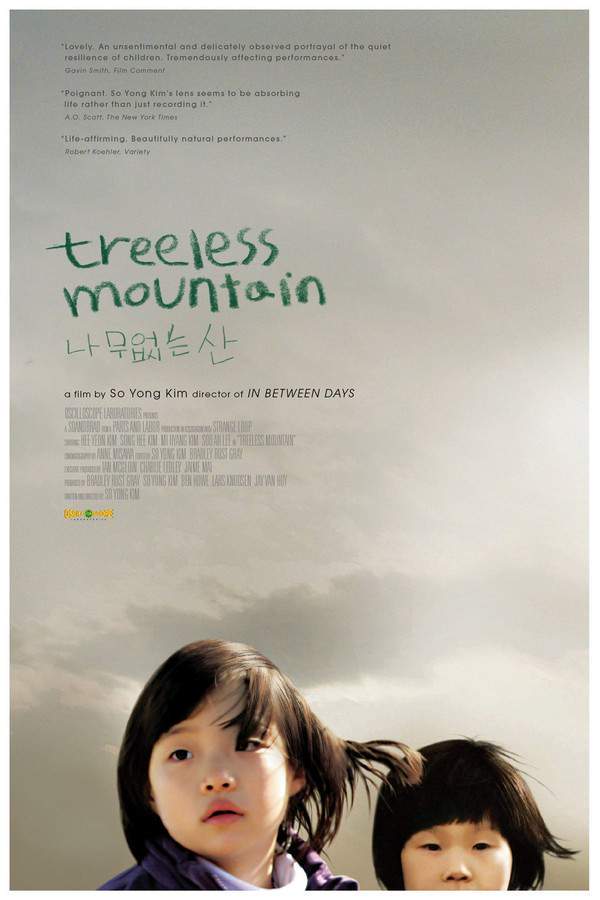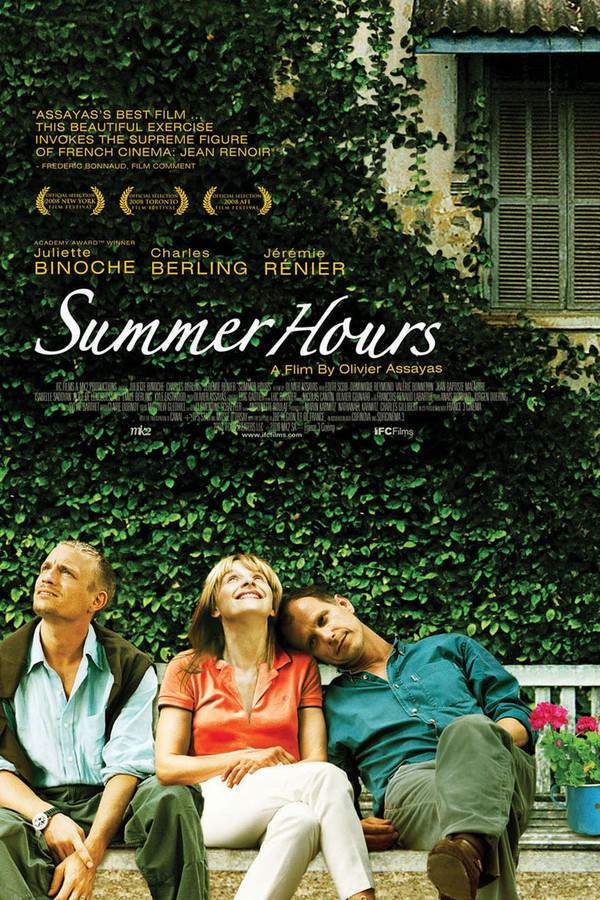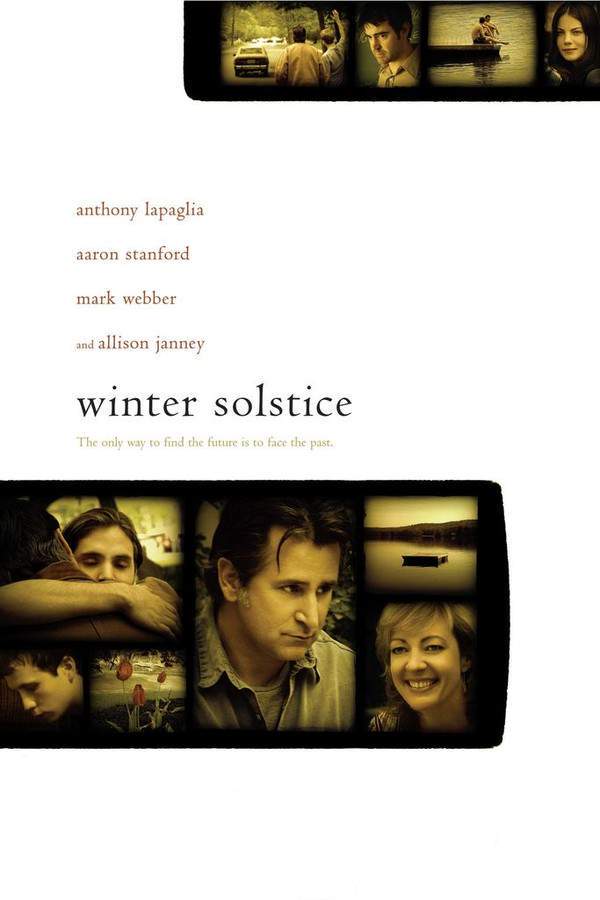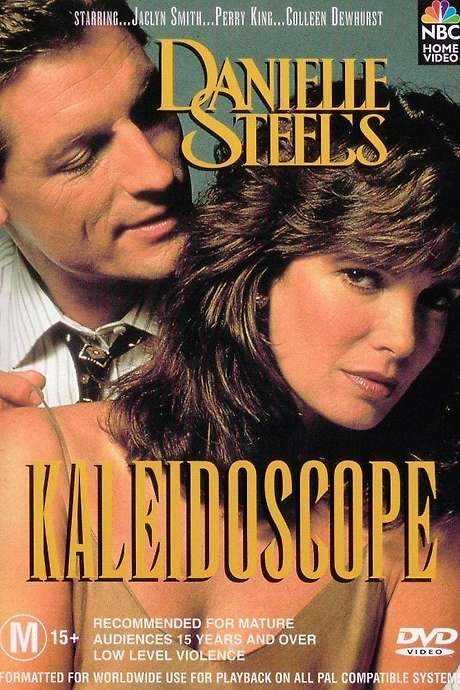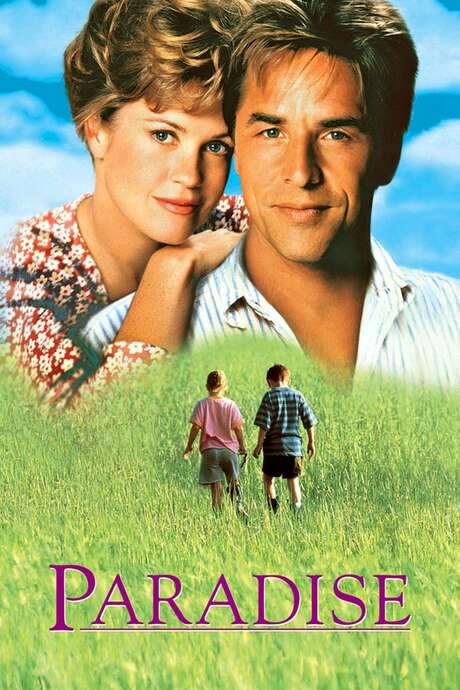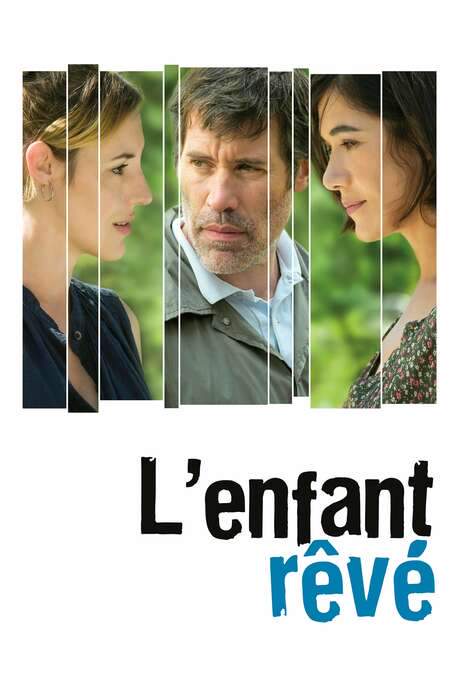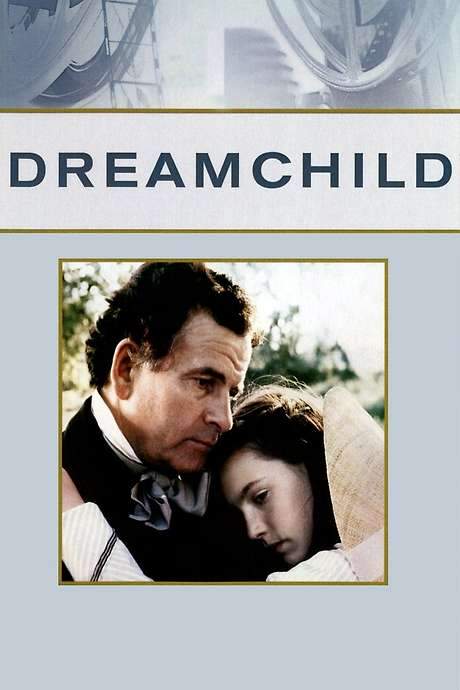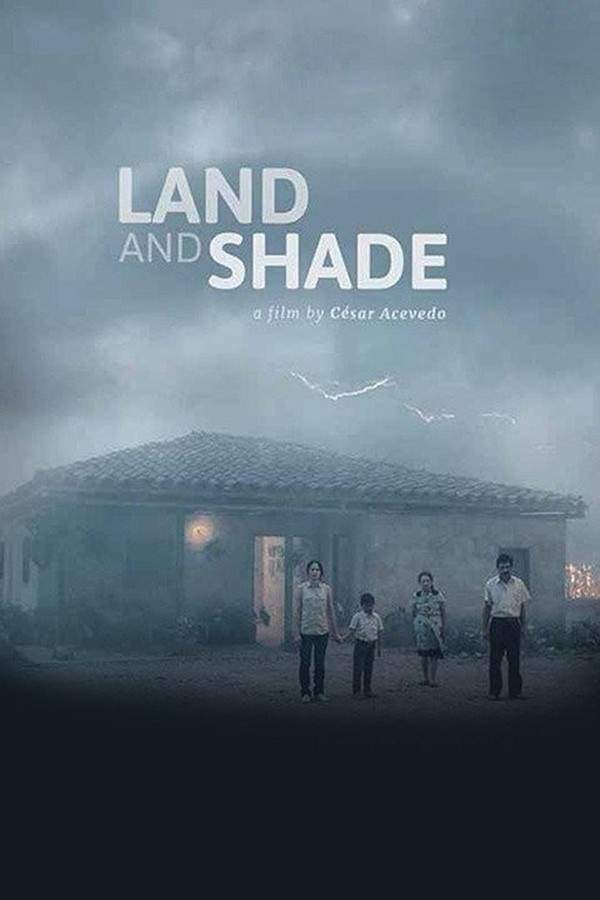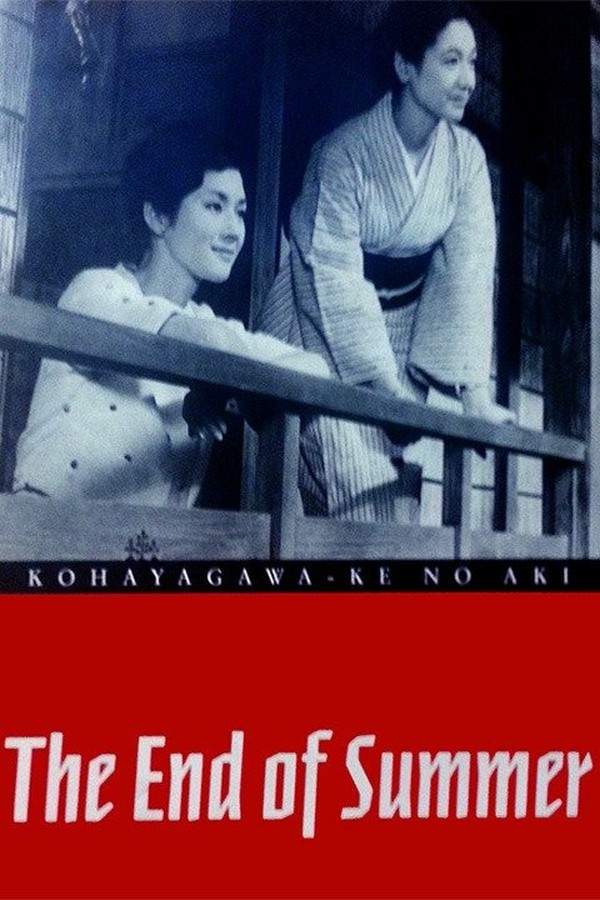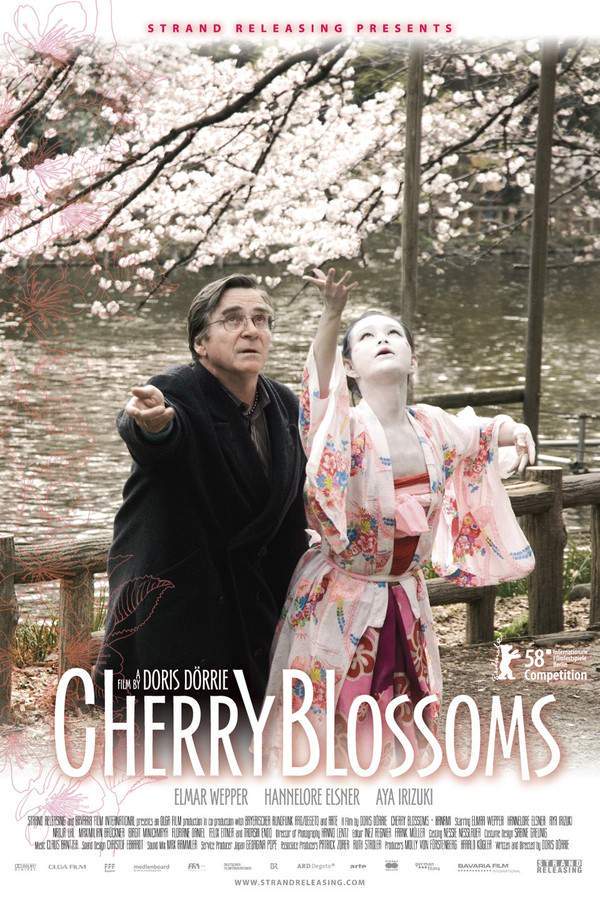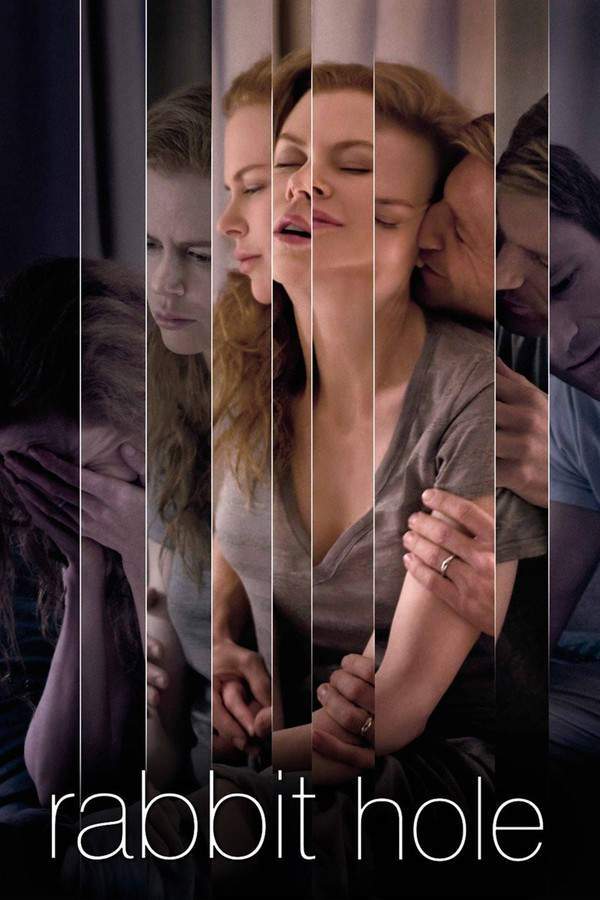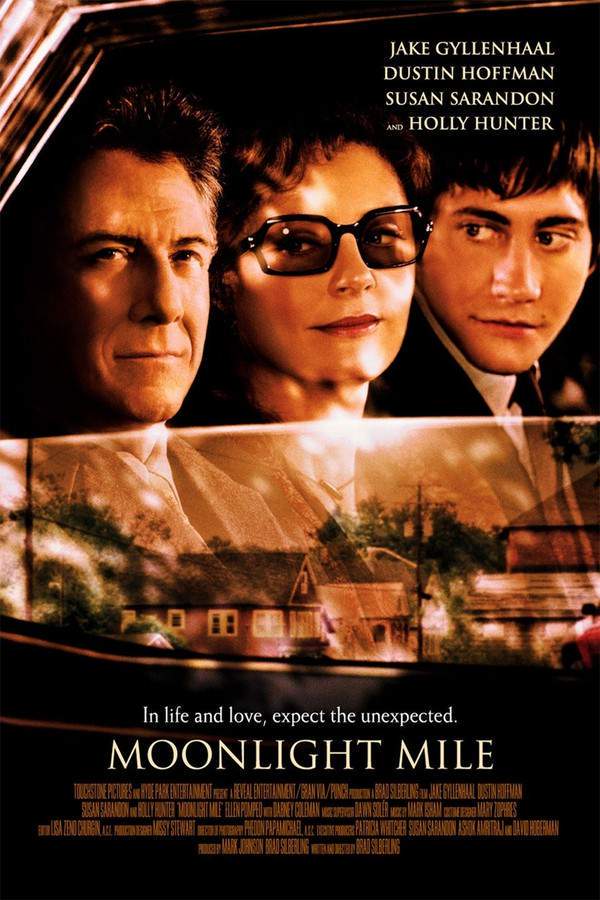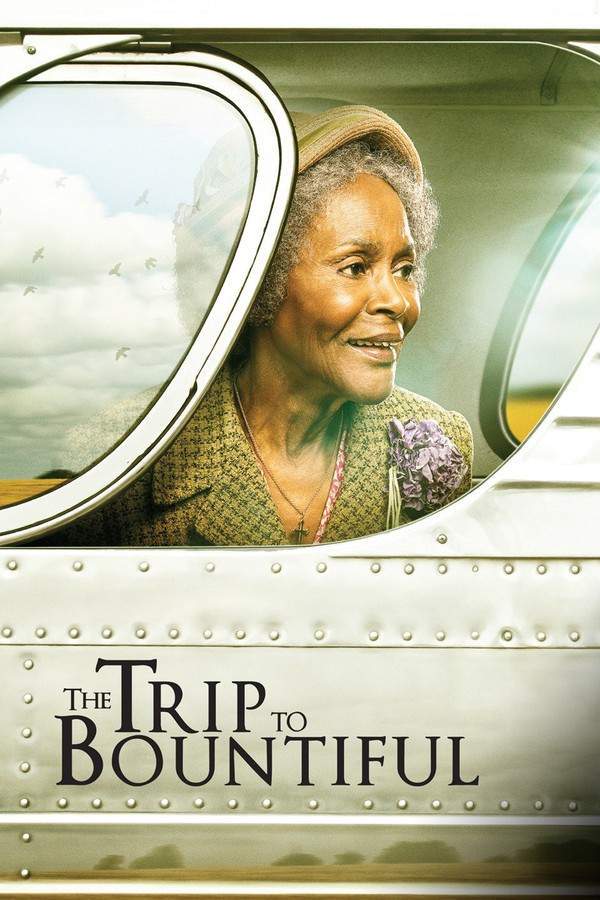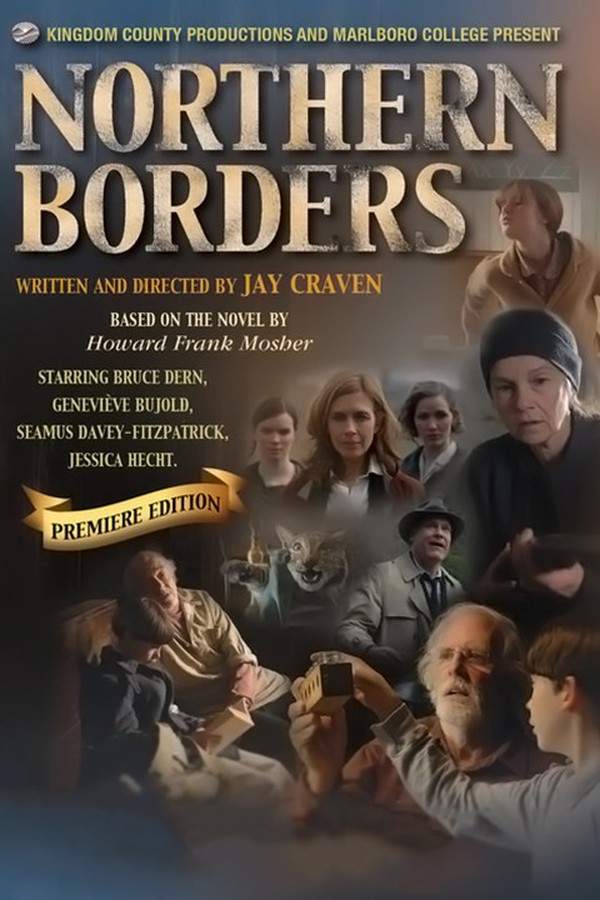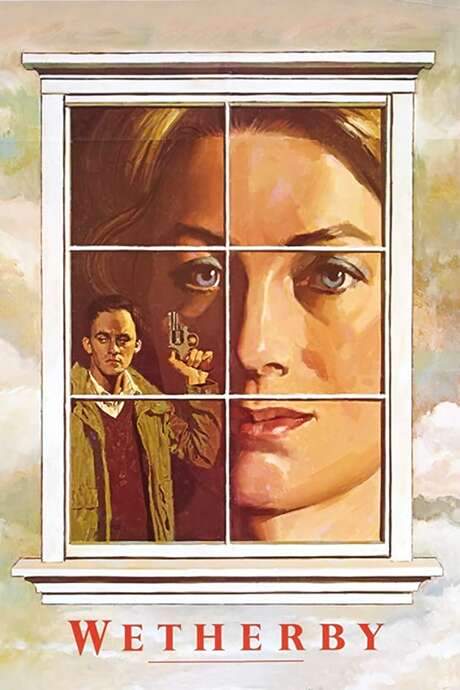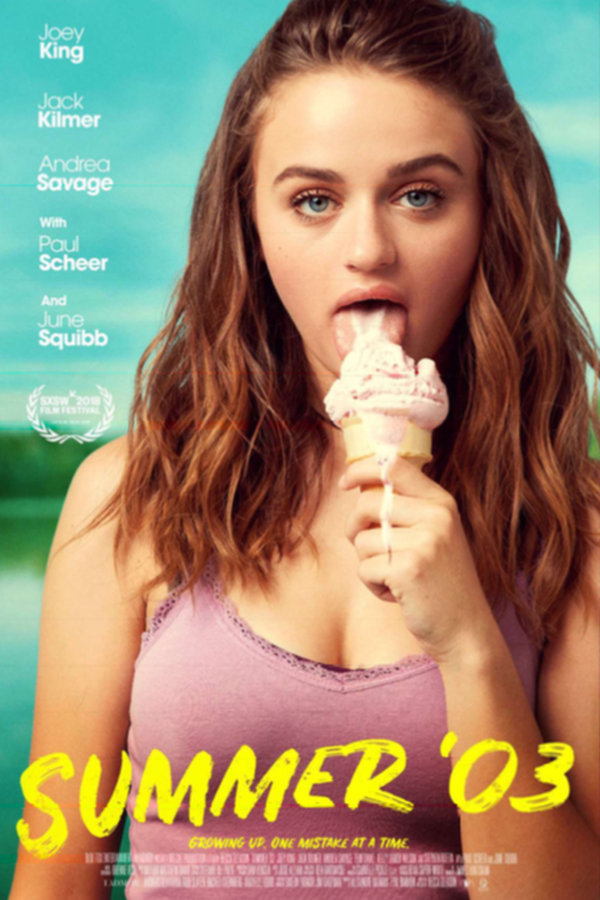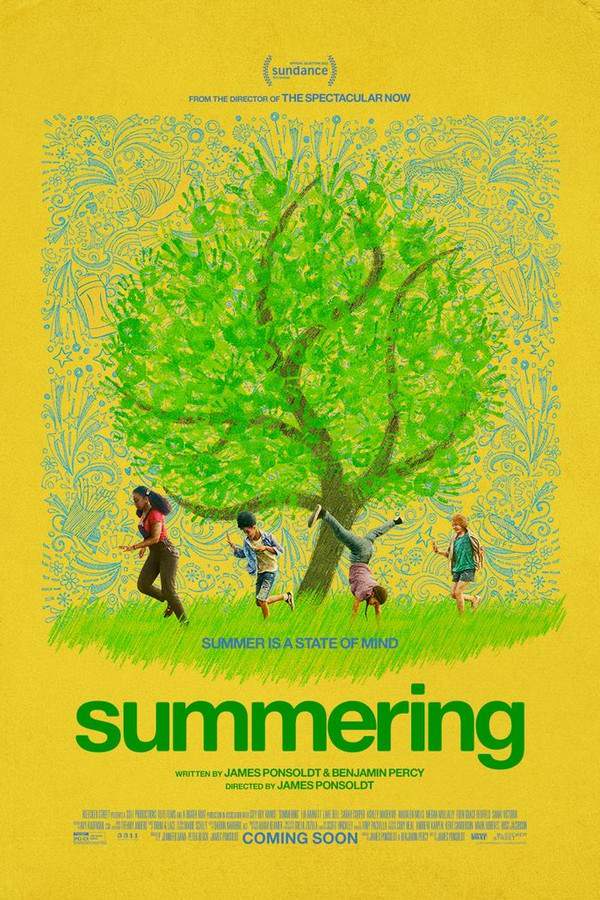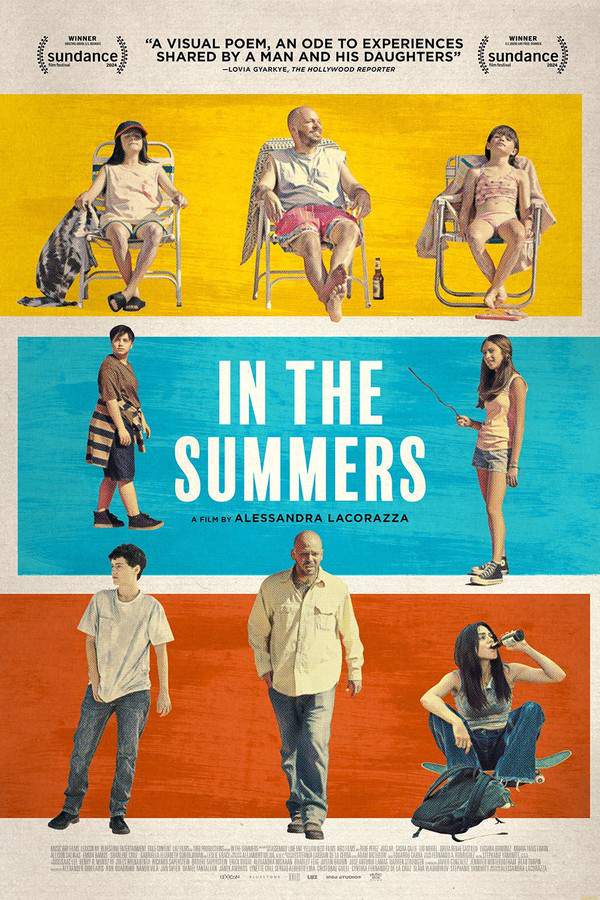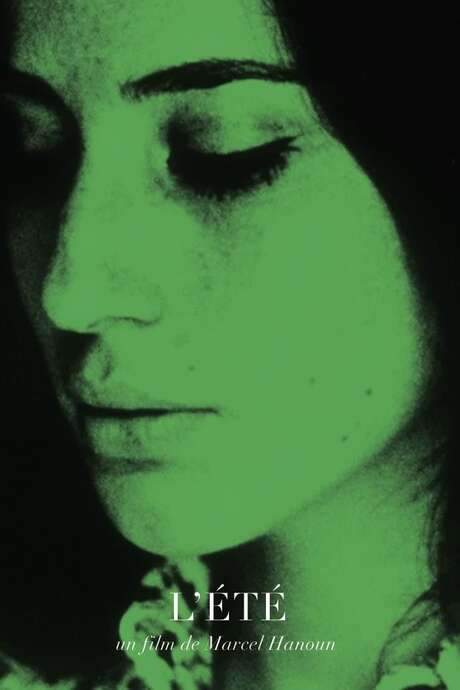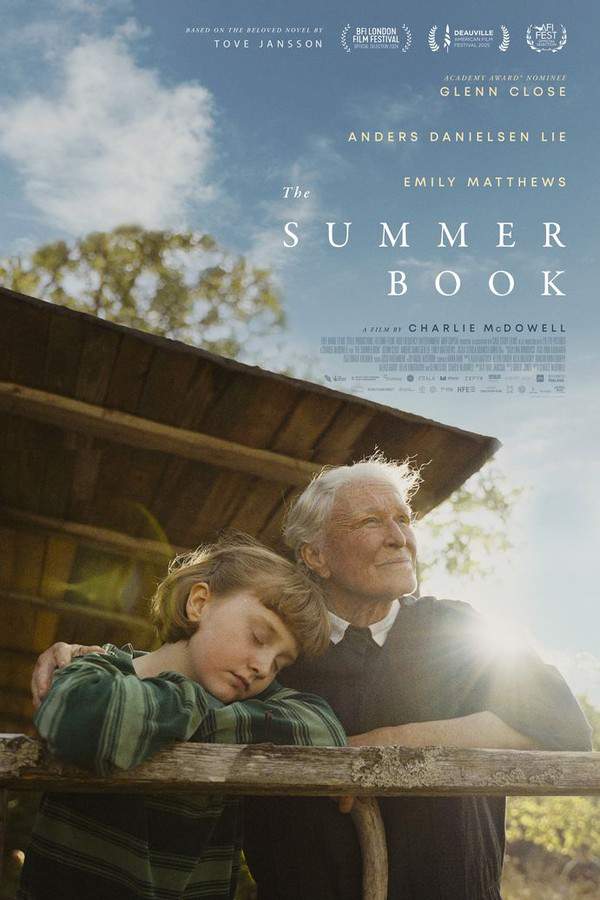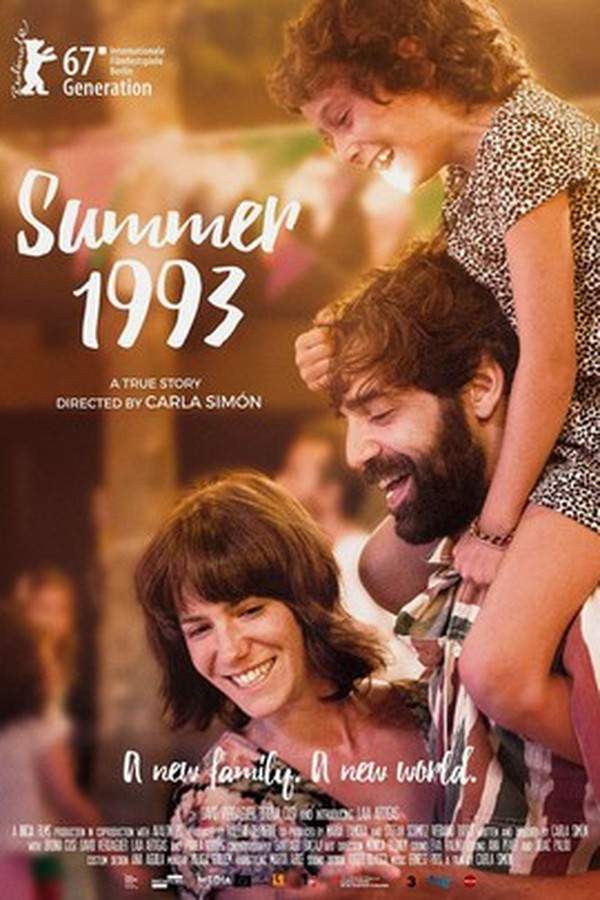
Summer 1993
During the summer of 1993, a young girl named Frida experiences a significant change in her life after the loss of her parents. Living in a beautiful Catalan province, she struggles to adapt to her new guardians while also caring for her younger sister. Amidst the challenges of country life and feelings of jealousy, Frida's innocence leads her to run away. However, joyful family moments—from festive celebrations to lively garden parties filled with jazz music—offer solace and help them find a sense of harmony.
Warning: spoilers below!
Haven’t seen Summer 1993 yet? This summary contains major spoilers. Bookmark the page, watch the movie, and come back for the full breakdown. If you're ready, scroll on and relive the story!
Summer 1993 (2018) – Full Plot Summary & Ending Explained
Read the complete plot breakdown of Summer 1993 (2018), including all key story events, major twists, and the ending explained in detail. Discover what really happened—and what it all means.
Frida, Laia Artigas, moves from Barcelona to a quiet countryside home to live with her adoptive parents, Marga and Esteve. The journey is intimate and tense at times, framed by small rituals that tether Frida to memories of her mother. Her grandmother, Isabel Rocatti, reinforces a sense of connection by teaching Frida the family prayer and handing over a card from Frida’s mother’s first communion, a keepsake that mirrors the mother’s presence in the child’s life. Soon after settling in, Frida discovers a statue of the Virgin Mary tucked away in a dirt-cleared space in the woods, a recurring motif throughout the film. She returns to this spot often, leaving tiny offerings—cigarettes, and a polka-dotted garment—as tokens for a mother she can barely remember.
In the domestic rhythm that follows, a thread of illness hangs over the household. In a meat shop, Marga hints at Frida’s mother’s frail condition, suggesting pneumonia without ever confirming it. A later car scene finds Frida scratching an itch on her arm, an ordinary discomfort that underscores a growing unease. Marga urges her to stop scratching and asks what’s really wrong, and Frida confides that she’s bothered by her hair. The moment is small, but it nods to a deeper fragility that threads through their days. A doctor’s visit follows, with talk of more tests to confirm earlier results, casting a pall over the sense of safety Frida has begun to build.
Back home, the two girls—Frida and Anna—quickly slip into play, though the mood remains unsettled. Frida experiments with makeup and a fur boa as Anna looks on, and their pretend game shifts to mother and child. When Anna asks Frida to play along, Frida resists, saying she’s too sore and promising they’ll play later. The scene closes with Frida praying again over her mother’s communion card, a private ritual that grounds her in memory even as the present demands attention.
Frida’s world broadens when she meets Irene, a classmate living in a different rhythm from the others. They talk on a playground, but Irene’s answers come with movement away from Frida, a subtle signal of social dynamics that Frida begins to sense. Irene’s mother chides the interaction, while Marga intervenes, asking Irene’s mother to keep things discreet. The moment captures a clash between childhood innocence and the social boundaries that adults impose.
A visit from Frida’s grandparents—Avi [Fermí Reixach] and Àvia [Isabel Rocatti]—reframes the family’s expectations. Marga asks Frida to tie her own shoes, a small act that Frida initially refuses, preferring help from her grandfather. The elder couple also revisits the prayer and the memory of Frida’s mother, though her mother’s past decisions are described as flawed by the grandmother, adding another layer to Frida’s search for belonging. The grandmother’s visit also brings a sense of ritual, with Lola, [Montse Sanz], appearing in a later scene and offering a softer, more maternal presence that contrasts with the strictness Frida experiences at home.
That night, Frida’s relationship with Anna deepens in a different way: Anna dances with Esteve, marking a moment of tenderness that is overshadowed by Frida’s own sense of isolation. The next day, Frida’s world grows increasingly complex as she leads Anna into the forest and asks her to hide, a game that goes awry and ends with Anna returning with a cast on her arm. The adults—Marga and Esteve—express concern, debating boundaries while Frida’s behavior remains morally ambiguous in their eyes. Esteve defends Frida but agrees to set firmer limits, a moment that highlights the strain between care and control within the family.
As the days pass, everyday routines intertwine with unsettling signs. Frida asks to go swimming, and Esteve momentarily delays, signaling a constant push-pull between care and autonomy. A sequence shows a sheep being slaughtered and people dancing to live music, providing a stark contrast between natural life and social celebration, with Frida perched on a bench watching the others—an observer amid activity.
Frida’s sense of love and belonging is further tested when she rejects a blue nightdress from her grandmother in favor of a pink one that Anna receives. The stubbornness strains the adults’ patience, particularly Marga, who insists Frida wash the dress and drink her milk. The household’s emotional undercurrents rise to the surface during a family visit when Frida expresses a wish for Lola to stay; the moment crescendos as Esteve must physically remove Frida from the car, signaling a painful separation and a loss of security.
That night, Frida packs up dolls and toys, steals fruit from the kitchen, and quietly contemplates leaving. Anna asks where she’s going; Frida responds that she’s returning home because she believes no one loves her there, and she even hands Anna her Barbie before stepping into the dark. The adults frantically search for her, and Frida remains hidden behind the house, contemplating a possible departure that ultimately does not happen. She tells her family she plans to leave the following day, but night falls, and the moment of flight is deferred.
In the final stretch, Frida helps prepare her math book for school, and the conversation shifts to her mother’s death. Marga explains that a virus caused the illness that took her mother, and she describes how hard the doctors tried, though they could not cure the virus. Frida probes further—whether her mother bled during the illness and whether her mother had any last words—and Marga answers with patient honesty, acknowledging the absence of words in those final moments. Frida then asks if Marga herself might fall ill, and Marga reassures her that she won’t.
The film closes with a tender, painful scene: Esteve, Anna, and Frida lie together on a bed in new nightgowns, a fragile moment of closeness that is interrupted by Frida’s sudden sobs. The adults gather around her, trying to soothe and understand, while the camera lingers on the family’s closeness and fragility, the sense that love and memory are the fragile threads that hold them together. The closing image circles back to the bed, a quiet, intimate tableau that suggests both the weight of what has happened and the uncertain, enduring hope of what lies ahead for Laia Artigas and the family she inhabits.
Last Updated: November 25, 2025 at 01:01
Explore Movie Threads
Discover curated groups of movies connected by mood, themes, and story style. Browse collections built around emotion, atmosphere, and narrative focus to easily find films that match what you feel like watching right now.
Movies about a child's perspective on grief like Summer 1993
Stories that explore profound loss through a child's limited but sensitive perspective.Discover movies like Summer 1993 that handle themes of loss and family change from a child's point of view. These films are quiet, observant, and deeply moving, focusing on emotional authenticity over plot-driven drama. If you appreciated the tender portrayal of Frida's journey, you'll find similar powerful stories here.
Narrative Summary
The narrative typically follows a linear, straightforward path, centered on the child protagonist's daily life as they navigate a new and confusing reality after a major loss. Conflict is internal and subtle, arising from the struggle to adapt, understand complex emotions, and find a place within a changed family dynamic. The story unfolds through small, intimate moments rather than grand plot twists.
Why These Movies?
Movies are grouped here for their shared commitment to portraying grief with a quiet, observational realism, prioritizing a child's emotional truth. They share a melancholic tone, slow pacing that allows for reflection, and a bittersweet emotional quality that acknowledges pain while finding glimmers of connection and resilience.
Quiet rural dramas with a melancholic tone like Summer 1993
Emotional stories set against a beautiful, tranquil countryside that contrasts with inner turmoil.If you liked the peaceful Catalan setting and bittersweet mood of Summer 1993, explore this collection of similar movies. These films combine beautiful natural landscapes with stories of personal adaptation and quiet emotional weight, offering a contemplative and deeply felt viewing experience for fans of slow-paced, character-driven drama.
Narrative Summary
The narrative pattern involves characters seeking or being placed in a rural retreat, often to cope with loss or change. The plot is driven by internal conflict and the gradual process of adaptation, interspersed with moments of simple joy and connection found in nature and community. The ending is typically hopeful yet realistic, acknowledging that some sorrow remains.
Why These Movies?
These films share a specific atmospheric blend: a slow, deliberate pace; a melancholic yet tender tone; and a setting that is almost a character in itself. The combination of natural beauty with personal grief creates a unique vibe that is both soothing and sorrowful, appealing to viewers looking for reflective, emotionally resonant stories.
Unlock the Full Story of Summer 1993
Don't stop at just watching — explore Summer 1993 in full detail. From the complete plot summary and scene-by-scene timeline to character breakdowns, thematic analysis, and a deep dive into the ending — every page helps you truly understand what Summer 1993 is all about. Plus, discover what's next after the movie.
Summer 1993 Timeline
Track the full timeline of Summer 1993 with every major event arranged chronologically. Perfect for decoding non-linear storytelling, flashbacks, or parallel narratives with a clear scene-by-scene breakdown.

Characters, Settings & Themes in Summer 1993
Discover the characters, locations, and core themes that shape Summer 1993. Get insights into symbolic elements, setting significance, and deeper narrative meaning — ideal for thematic analysis and movie breakdowns.

Summer 1993 Spoiler-Free Summary
Get a quick, spoiler-free overview of Summer 1993 that covers the main plot points and key details without revealing any major twists or spoilers. Perfect for those who want to know what to expect before diving in.

More About Summer 1993
Visit What's After the Movie to explore more about Summer 1993: box office results, cast and crew info, production details, post-credit scenes, and external links — all in one place for movie fans and researchers.

Similar Movies to Summer 1993
Discover movies like Summer 1993 that share similar genres, themes, and storytelling elements. Whether you’re drawn to the atmosphere, character arcs, or plot structure, these curated recommendations will help you explore more films you’ll love.
Explore More About Movie Summer 1993
Summer 1993 (2018) Scene-by-Scene Movie Timeline
Summer 1993 (2018) Movie Characters, Themes & Settings
Summer 1993 (2018) Spoiler-Free Summary & Key Flow
Movies Like Summer 1993 – Similar Titles You’ll Enjoy
Summer Hours (2009) Ending Explained & Film Insights
Summer '03 (2018) Complete Plot Breakdown
Summering (2022) Detailed Story Recap
In the Summers (2024) Detailed Story Recap
Summer Days, Summer Nights (2018) Detailed Story Recap
That Special Summer (2007) Spoiler-Packed Plot Recap
A Summer at Grandpa’s (1984) Detailed Story Recap
El verano que vivimos (2020) Detailed Story Recap
July 96 (2020) Film Overview & Timeline
July 96 (2020) Full Movie Breakdown
Summer Interlude (1951) Full Summary & Key Details
Summer (1968) Ending Explained & Film Insights
The Last Summer in La Boyita (2009) Spoiler-Packed Plot Recap
The Summer Book (2024) Spoiler-Packed Plot Recap
The Summer Book (2025) Film Overview & Timeline

